First Published April 19th, 2022
YB's Deep Dive Into Pharmaceuticals & YB Tools That Can Help
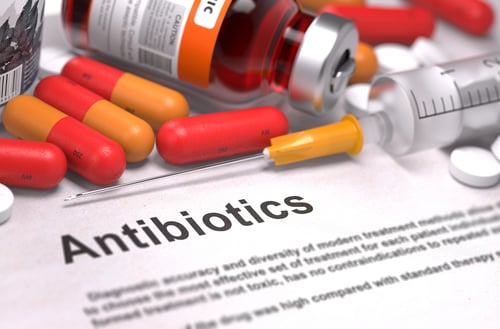
Given the recent urgency of the COVID-19 vaccine development and production, the pharmaceutical industry has logically been buffered from criticisms regarding its lack of sustainable practices. Since pharmaceutical consumers have not traditionally demanded companies uphold sustainable business practices, companies assume they are not obligated to amend their waste management. However, this can drastically affect human health, the global economy, and the environment.
Investors, whether returns-focused or impact-focused, may want to take note of the following issue areas:
- Carbon Emissions
- Antimicrobial Resistance
- Waste Management
1. Carbon Emissions
The pharmaceutical industry produces 13% more carbon emissions in producing medicines than car manufacturers do when assembling vehicles despite having a market 28% smaller than the automobile industry.
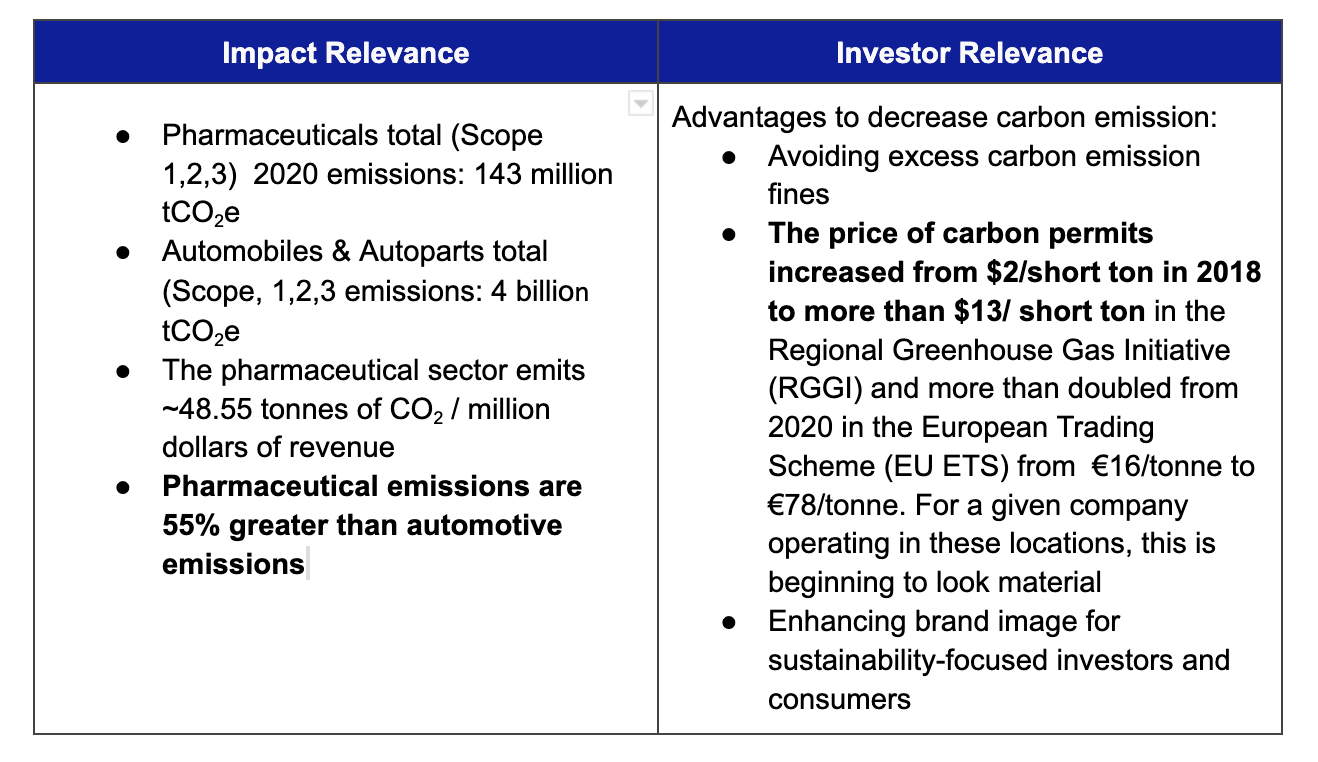
Relevant YvesBlue Tools To Help
YvesBlue clients have access to the Carbon Audit module to compare their imported investment portfolio’s carbon emissions versus a global benchmark. In our database, clients can see the industry's total emissions vs. the automobile sector.
The emissions will represent the “owned” carbon based on the client’s investments.
The portfolio budget and emissions can be broken down by:
- Sector
- Scope 1, 2 & 3
- Holdings
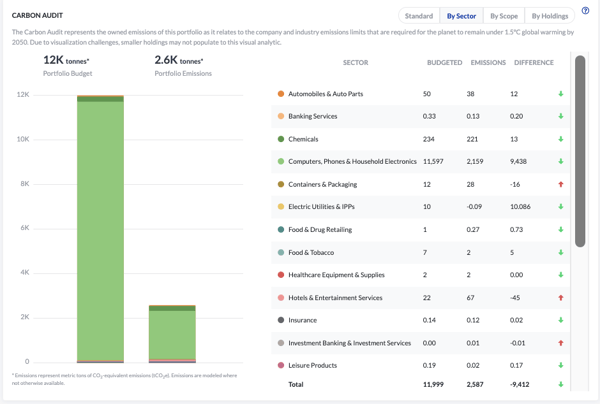
YvesBlue clients can also access the Current & Projected CO2 Emissions module to see current CO2 emissions, projected CO2 emissions through 2050 with comparison to the global carbon budget for enhanced transparency.
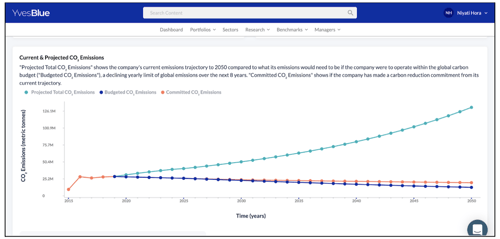
YvesBlue will soon release the Carbon Report, which will be a portfolio-level assessment with three parts:
- Metrics dashboard
- TCFD Scenario Framework and scoring
- Forward-Looking Analytics and tools
- Sector Emissions Table
2. Worries Around Antimicrobial Resistance
The discharge of antibiotics and other chemicals from pharmaceutical procurements into the environment is linked to antimicrobial resistance (AMR). AMR occurs when bacteria, viruses, fungi, and parasites mutate over time and cease to respond to medications.

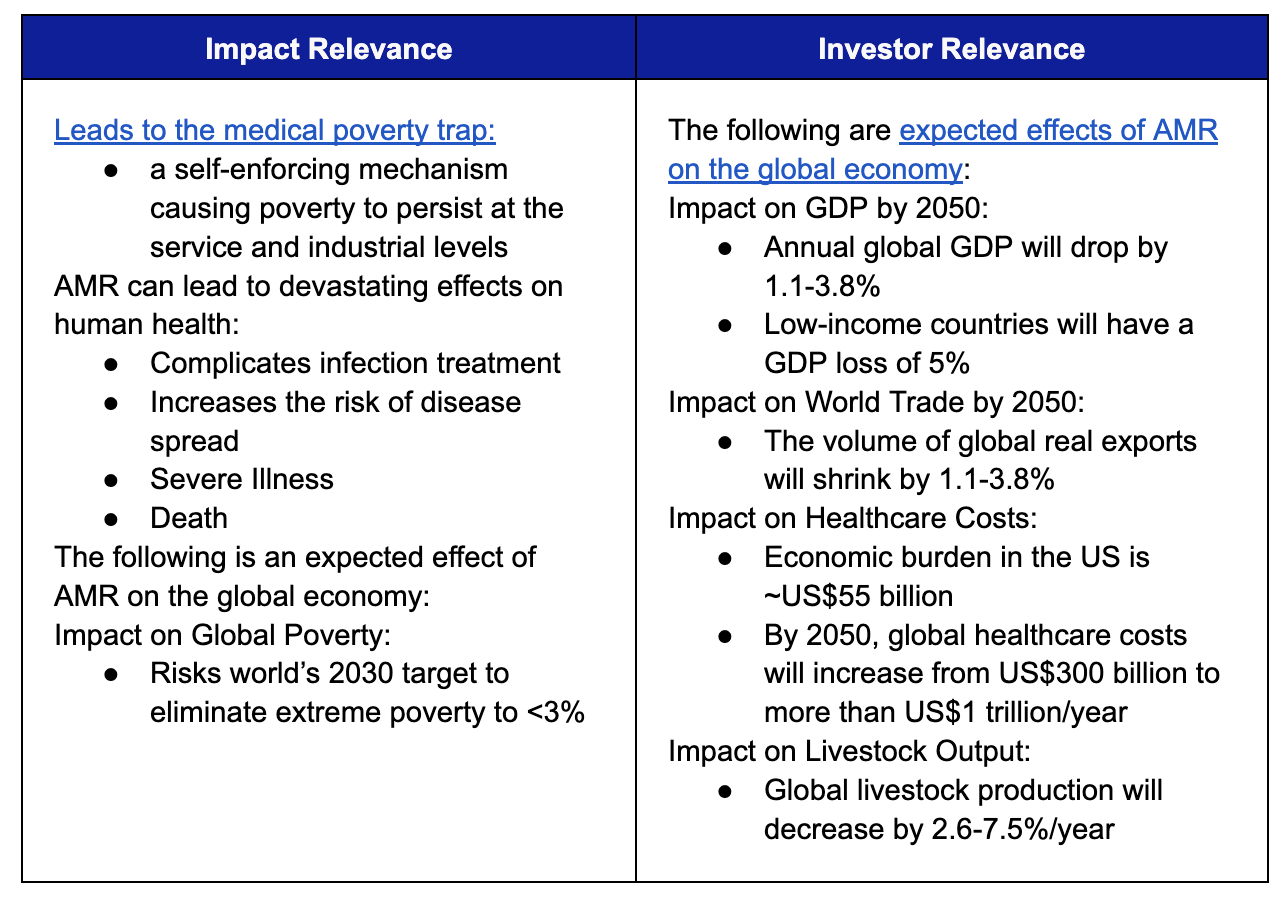
Relevant YvesBlue Tools to Help
YvesBlue highlights pharmaceutical companies that are taking action to improve access to life-saving medicines, vaccines, and diagnostics for people in low and middle-income countries.
In the Research Center, companies can be filtered by the Access to Medicine Badge, which showcases the 20 leading companies, assessed against 33 metrics spanning Governance of Access, Research & Development, and Product Delivery across 106 middle-low income countries and for 82 diseases, conditions, and pathogens.
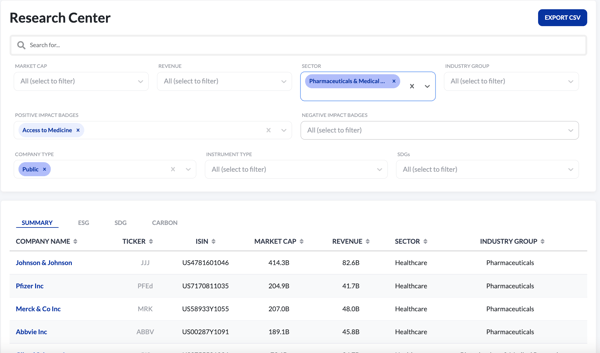
3. Wastewater & Lifecycle Concerns
There are The 3 Main Ways Pharmaceutical Procurements Enter Our Environment:
- Patient Use: This occurs primarily through the excretion of active drugs directly from patients and the subsequent incomplete removal of those drugs from wastewater.
- Improper Disposal: Patients often dispose of expired or unwanted drugs by flushing them down the toilet or throwing them away which results in drug accumulation in landfills and wastewater.
- Manufacturing Waste: As more pharmaceutical companies launch new products, manufacturing waste is rapidly entering the environment and is generally untreatable by waste management facilities.
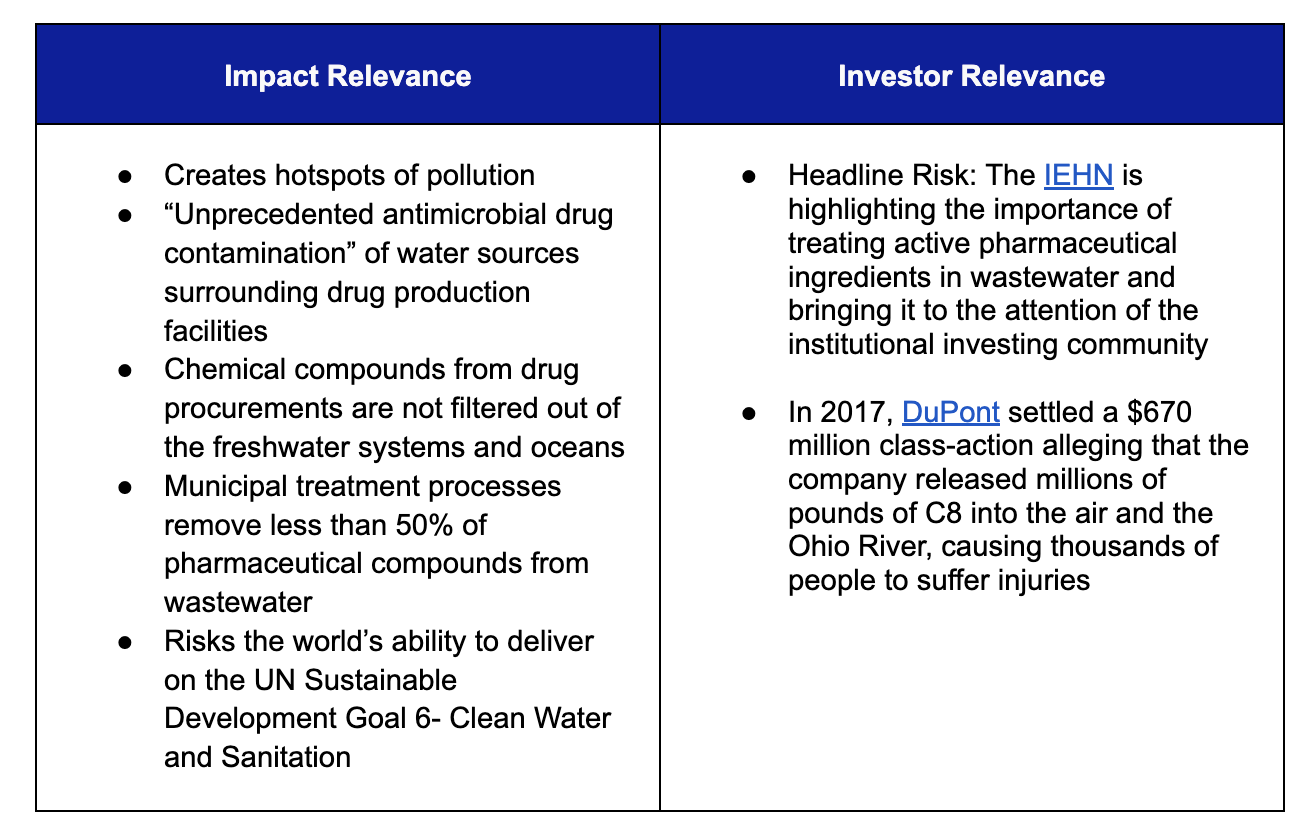
Relevant YvesBlue Tools to Help
YvesBlue conducts research to identify and highlight sector-specific key performance indicators, including Feedstock Recycled and % Hazardous Waste Produced for the pharmaceutical industry.
These key performance indicators were carefully selected because they are indicative of a pharmaceutical company’s sustainable business practices. This data will be available in the Research Center where it will be searchable by both sector and key performance indicators.

